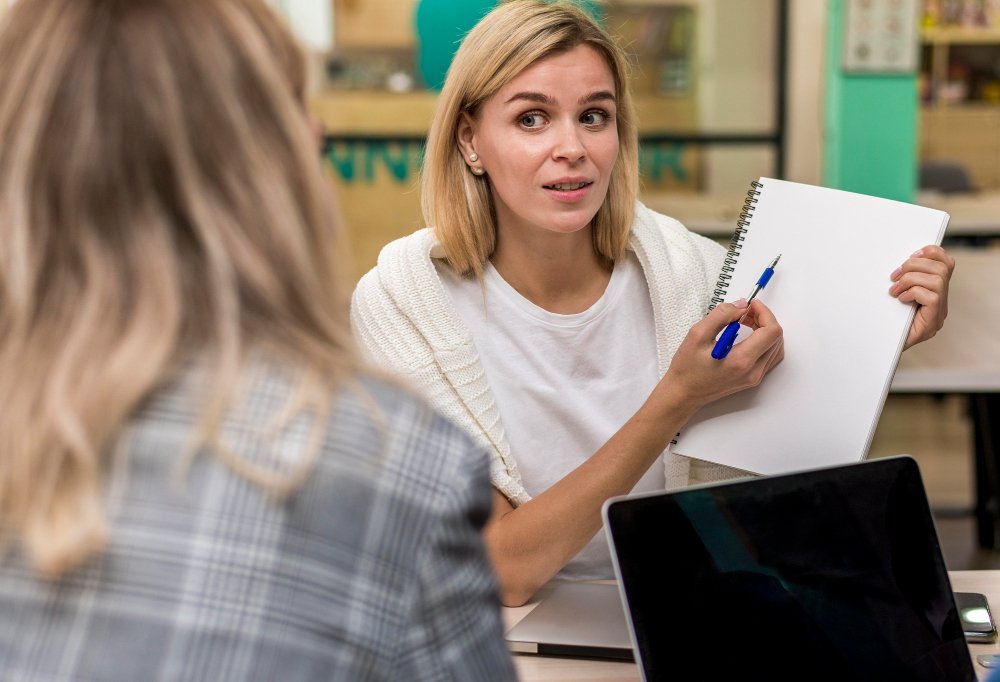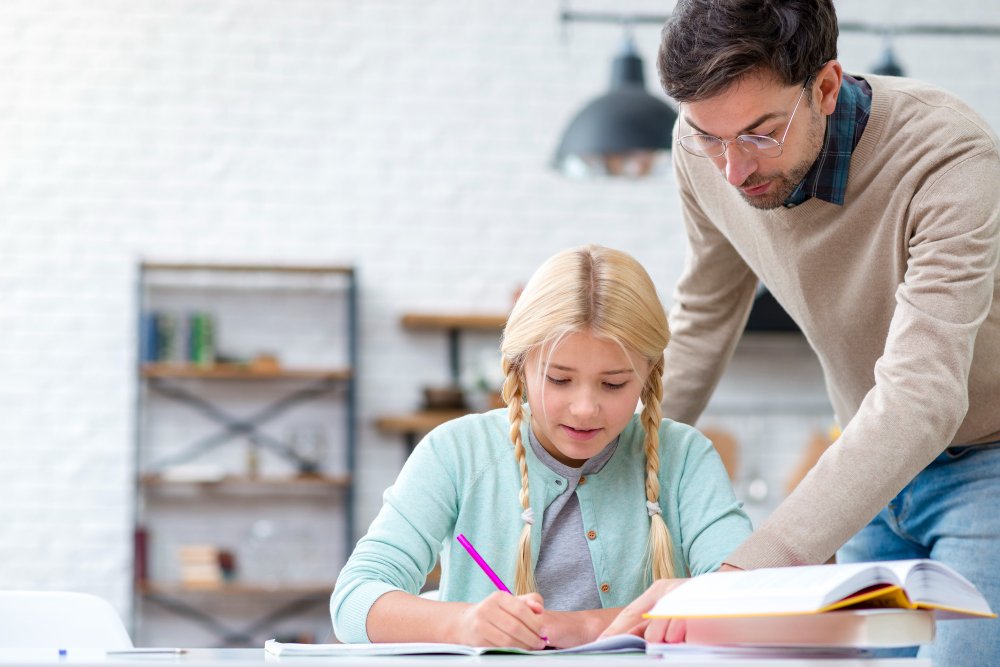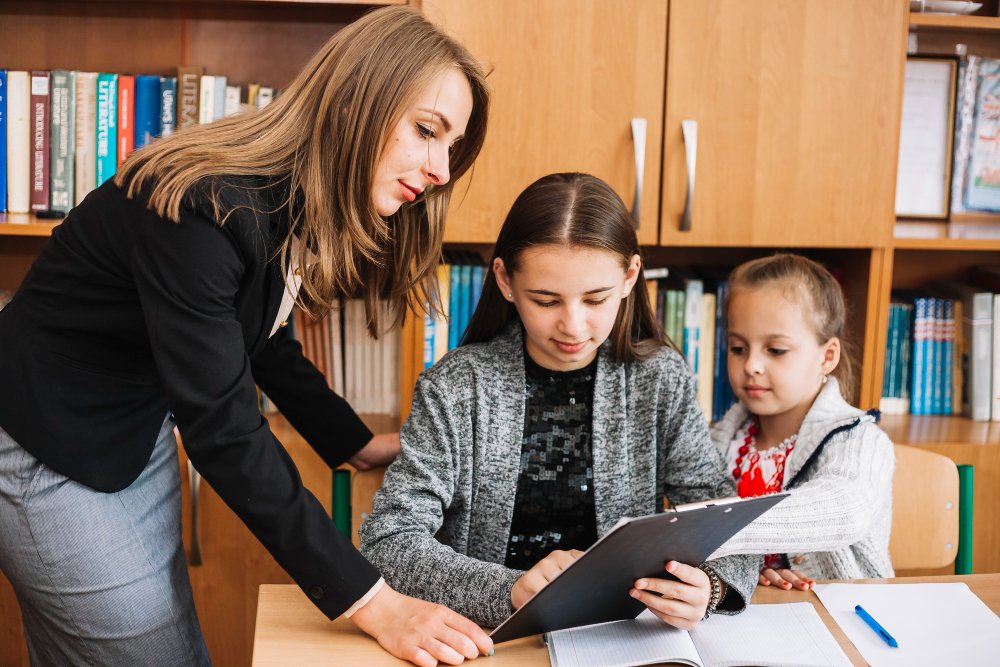In the realm of education, the role of teachers extends far beyond the confines of the classroom. Teachers bear a significant responsibility in shaping the minds and lives of their students, nurturing their academic growth, social development, and emotional well-being. This article delves into the diverse and multifaceted responsibilities of teachers in both the classroom and the broader educational landscape.
From academic planning and instruction delivery to fostering a positive learning environment and promoting inclusive practices, teachers play a vital role in molding future generations.
Additionally, we explore their involvement in professional development, collaboration with parents and communities, and the crucial aspect of being positive role models for their students. Through a comprehensive examination of these responsibilities, this article underscores the profound impact teachers have on the lives of their students and the wider educational community.
10 Teacher's Responsibilities in the Classroom

Academic Planning and Preparation
Teachers are responsible for designing and preparing lesson plans, instructional materials, and learning activities that align with the curriculum and cater to the needs and abilities of their students.
Classroom Management
Maintaining a positive and organized classroom environment is crucial for effective teaching. Teachers must establish clear rules and routines, manage student behavior, and ensure a safe and conducive learning space.
Delivering Instruction
Teachers are tasked with delivering engaging and effective instruction, using various teaching methods and strategies to facilitate learning and cater to different learning styles.
Assessing Student Performance
Regularly evaluating student progress and understanding is essential for measuring learning outcomes. Teachers must conduct assessments, tests, and assignments to gauge student achievements accurately.
Providing Feedback and Support
Teachers should offer constructive feedback and support to help students improve their academic performance and overall development.
Differentiation
Recognizing that students have different learning needs and abilities, teachers must use differentiation techniques to adapt their instruction and meet each student’s unique requirements.
Individualized Education Plans (IEPs)
Inclusive education involves creating and implementing IEPs for students with special educational needs, outlining tailored strategies and support.
Classroom Technology Integration
Embracing technology in the classroom enhances learning experiences. Teachers should use educational technology effectively to enrich their lessons and engage students.
Parent-Teacher Communication
Establishing open and regular communication with parents or guardians is essential to keep them informed about their child’s progress, challenges, and achievements.
Collaborating with Colleagues
Teachers should collaborate with other educators and school staff to share ideas, resources, and best practices, fostering a supportive and productive learning community.
5 Best Teacher's Responsibilities in Student Development

Emotional Support
Social Skills Development
Encouraging Creativity and Critical Thinking
Fostering a Growth Mindset
Cultivating Respect and Inclusion
5 Top Teacher's Role beyond the Classroom

Professional Development
To stay current with educational trends and improve teaching skills, teachers must engage in continuous professional development activities and workshops.
Involvement in School Committees
Active participation in school committees and staff meetings allows teachers to contribute to school policies, decision-making, and curriculum development.
Parent-Community Engagement
Teachers should collaborate with parents, community organizations, and local stakeholders to create a supportive educational environment that extends beyond the classroom.
Tracking Student Progress
Monitoring and documenting student progress and achievements enable teachers to provide data-driven feedback and interventions when necessary.
Role Modeling
As role models, teachers should demonstrate professionalism, integrity, and a passion for lifelong learning, inspiring students to embrace these values in their lives.
Outcomes of Teachers Responsibilities

The results of teachers’ responsibilities are far-reaching and impactful, influencing both individual students and the broader society. Here are some key outcomes that arise from the dedicated efforts of teachers fulfilling their responsibilities:
- Academic Success: Through effective planning, instruction, and assessment, teachers contribute significantly to students’ academic success. They help students achieve their learning goals, develop subject-specific knowledge and skills, and build a strong educational foundation.
- Social and Emotional Development: Teachers’ focus on emotional support, social skill development, and fostering a positive learning environment leads to improved social and emotional well-being in students. Students develop better self-awareness, empathy, and interpersonal skills, setting the stage for healthier relationships throughout their lives.
- Inclusivity and Diversity: By promoting inclusivity and embracing diversity in the classroom, teachers create an environment where all students feel welcome and valued. This leads to a more tolerant and inclusive society, where individuals appreciate and respect differences.
- Lifelong Learning: Teachers who encourage a growth mindset and passion for learning inspire students to become lifelong learners. Students understand the importance of continuous self-improvement, seeking knowledge and skills beyond their formal education.
- Positive Role Models: Teachers’ role modeling of professionalism, integrity, and a love for learning helps shape students’ character and values. These positive role models influence students to adopt similar traits and behaviors.
- Community Engagement: Teachers’ collaboration with parents, communities, and other stakeholders strengthens the educational ecosystem. This engagement fosters a sense of shared responsibility for students’ success and ensures a more comprehensive and supportive educational experience.
- Personal Growth: Students not only develop academically but also experience personal growth under the guidance of dedicated teachers. They gain confidence, resilience, and a sense of achievement as they navigate challenges and achieve their goals.
- Improved Graduation Rates: When teachers actively support students and create a positive learning environment, students are more likely to stay engaged and complete their education, leading to improved graduation rates.
- Long-term Impact: The guidance and mentorship provided by teachers have a long-term impact on students’ lives. Many successful individuals credit their teachers for influencing their career paths and personal development.
- Enhanced Society: Well-prepared and emotionally balanced individuals, who have received a quality education under the guidance of responsible teachers, contribute positively to society. They become active and responsible citizens, driving societal progress and transformation.
Conclusion: Teachers Responsibilities
The profound responsibilities of teachers underscore the critical role they play in nurturing the potential of each student and creating a supportive learning environment. By engaging in academic planning, delivering effective instruction, and assessing student performance, teachers drive academic growth and achievement. Their commitment to emotional support, social skill development, and inclusivity ensures students thrive both academically and emotionally.
Beyond the classroom, teachers actively contribute to school committees, collaborate with parents, and engage with the community, fostering a sense of unity and shared responsibility for the education of future generations. Embracing professional development and acting as positive role models, teachers continuously refine their skills and inspire their students to become lifelong learners. As we reflect on the multifaceted responsibilities of teachers, it becomes evident that they are the bedrock of education, shaping a brighter and more promising future for society as a whole.